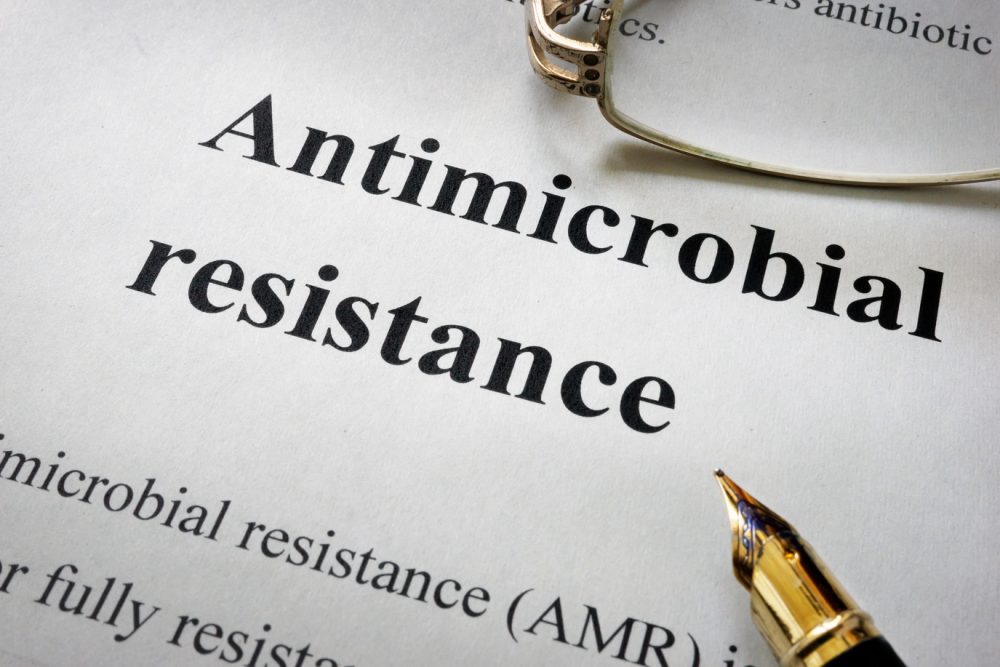Advertisment
European Medicines Agency steps up effort on superbugs

The number of people in Europe dying because of antimicrobial resistant (AMR) infections has hit an all time high, according to new EU data. An estimated 35,000 Europeans die every year, while drug-resistant infections are responsible for €1.5 billion extra healthcare costs and productivity losses.
The European Medicines Agency (EMA), the EU’s medicines watchdog, says it is playing its part in tackling the crisis by supporting the development of new medicines, promoting the responsible use of existing antibiotics, and collecting data on antimicrobial consumption.
AMR occurs when bacteria and other microorganisms change over time and develop resistance to medicines. As a result, antibiotics and other antimicrobial medicines become less effective. This can make some infections harder to treat and make routine surgery riskier.
The EMA has co-authored a new report, published by the International Coalition of Medicines Regulatory Authorities (ICMRA), which outlines best practices in fighting AMR. The report presents case studies from different countries that were developed in line with the ‘One Health’ approach and address antimicrobial use in humans, animals and the environment.
It says best practices include regulatory flexibility that help bring novel therapies to market, restrictions on the sale of non-prescription antibiotics, and the development of a pilot study on reimbursement models for new antibiotics.
Regulators have also pledged to enhance public awareness efforts after new survey data revealed that only one in two Europeans know that antibiotics are not effective against viruses. Around 8% of antibiotics are taken without prescription last year, according to Eurobarometer.
However, the research also found that antibiotic use in Europe has hit a record low: only 23% of respondents said they had taken oral antibiotics in the past year – although this varies from 42% in Malta to 15% in Sweden and Germany.
Meanwhile, the EMA’s annual report on the use of veterinary antimicrobial products has found substantially reduced antibiotic use in animals. During the 2011-2021 period, overall sales of veterinary antibiotics fell by 47%.
‘The positive results reflect the efforts of veterinarians, farmers and pharmaceutical industry to reduce the use of antibiotics to prevent antimicrobial resistance,’ Ivo Claassen, Head of EMA’s Veterinary Medicines Division. ‘It also shows that EU policy initiatives and national campaigns promoting prudent use of antibiotics in animals are having a positive impact.’





